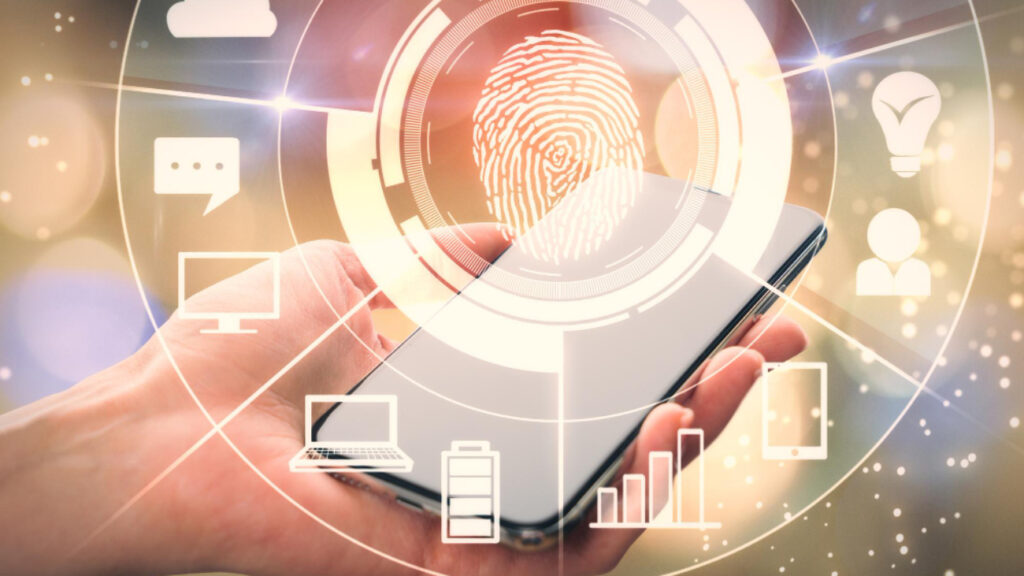Neural biometrics is an up-and-coming area in the vast field of biometrics that plans to use brainwave data to detect and record information about users feels Bahaa Abdul Hadi. Neural biometrics promises that the tech will boast the following foolproof features:
Revocability
Unlike fingerprints and iris detection which have a permanent nature of being recorded in the database, brain wave detection is unique to our cognitive activity at the time. This helps with protecting against misuse, as a neural biometric print can easily be invalidated and a new one generated based on new stimuli.
Withstand external observations
Naturally, brain waves cannot be physically monitored, altered or mimicked the way fingerprints or voiceprints for instance can be replicated for illegal purposes. This will make neural biometric technologies the champion among the different types of biometrics.
Inherent liveness recognition
Neural biometrics based on cognitive operations of the human brain makes use of the innate physiological characteristic of brain waves. This is unlike the external features like our iris or retina. This “live” detection aspect will be a boon to the biometrics industry as it will circumvent a lot of hurdles that hinder the growth of other biometric types.
Areas of Privacy and Ethical Concerns
Despite the benefits, there is a growing list of concerns surrounding the widespread use of neural biometrics. As technologies tend to evolve, so do the nature of cyber crimes.
Identity theft
This is a concern that haunts most types of biometrics and neural biometrics is no different. Once the technology that successfully registers electrical impulses in the brain as biometric data is perfected, it will come with loopholes targeted by cyber criminals. Top-notch security solutions need to accompany the development of neural biometric technologies.
Data breach
Before neural biometric tech is ready to hit the markets for real-world assimilation, it should be screened for data breaches. One of the biggest setbacks of biometric tech is that sensitive biometric information is increasingly being targeted by fraudulent entities. Neural biometric information in the hands of an attacker can spell dire consequences for companies and governments.
Consumer and commercial applications
The use of neural biometrics systems would differ for consumer and commercial applications. How the consumer as a single entity interacts with it by himself will be different from how businesses would potentially use it to record information from a larger population. Streamlining neural biometric technologies to cater to dynamic needs is vital.
Sensitizing neural biometric tech
A key area that neural biometric tech needs to focus on is addressing the needs of the disabled community. Their experience with neural biometrics is going to be a little different from the common population. The software and infrastructure need to be developed while keeping inclusiveness in mind.
Thank you for your interest in Bahaa Abdul Hadi blogs. For more information, please visit www.bahaaabdulhadi.com







